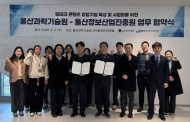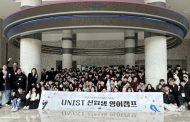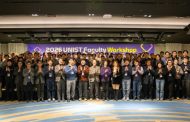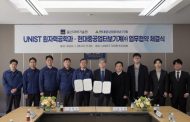UNIST has been selected for the Semiconductor Specialization Graduate School Support Project by the esteemed Ministry of Trade, Industry, and Energy (MOTIE).
On May 26, MOTIE made an official announcement that UNIST was chosen for the coveted Semiconductor Specialization Graduate School Support Project. Along with KAIST and Sungkyunkwan University, each university will receive a substantial sum of KRW 15 billion in support over five years until 2028.
“Since being selected as a support project for semiconductor specialization following Samsung Semiconductor’s contract department back in March,” stated Professor Tae-Sik Yoon, Dean of UNIST Graduate School of Semiconductor Materials and Devices Engineering. “UNIST has been recognized as one of the top three research capabilities holders in this field.” He further added, “Our aim is to cultivate key talents from undergraduates to graduate students through this selection process.”
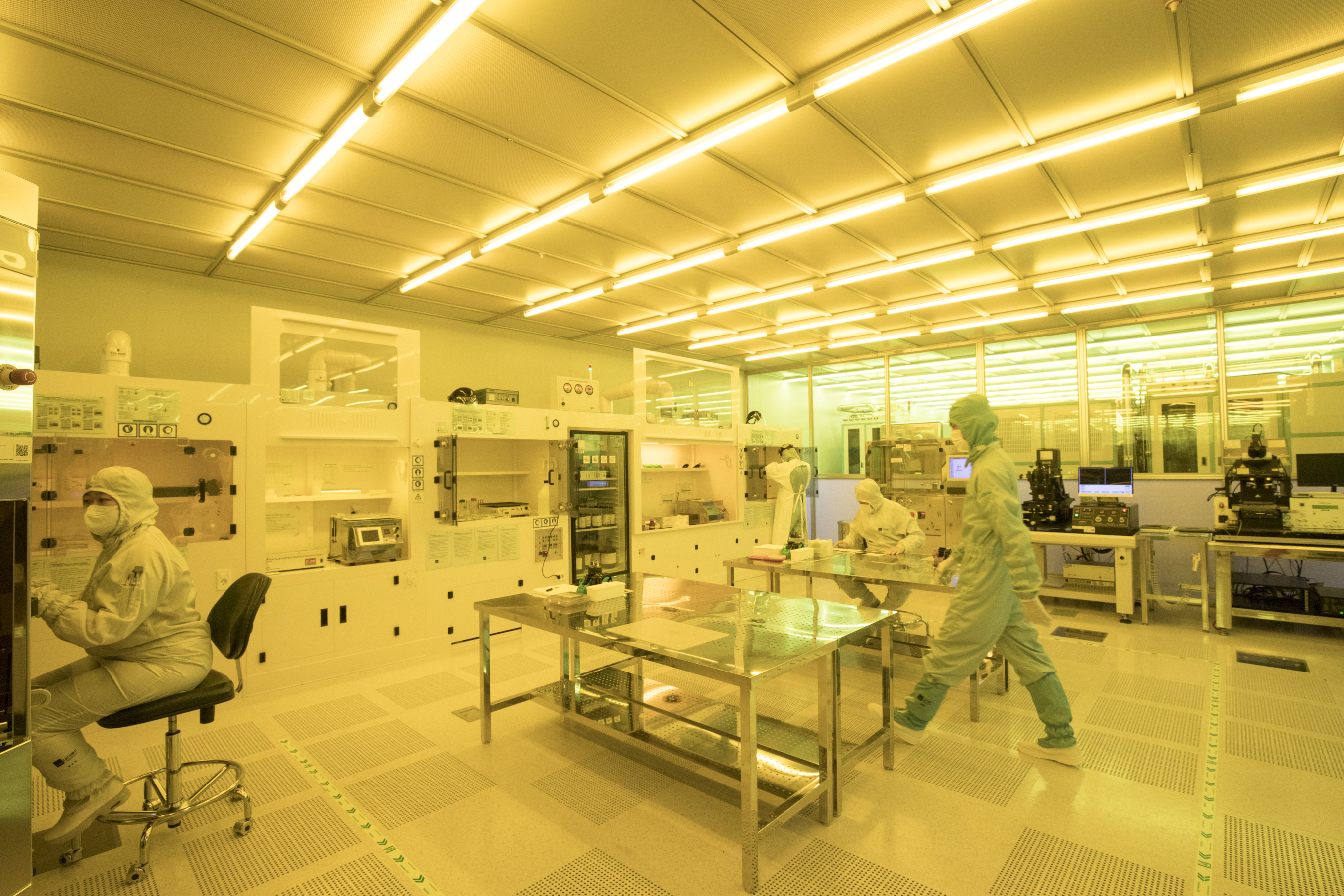
Shown above is the UNIST Nano Fabrication Cleanroom (UNFC) at UNIST Central Research Facility (UCRF).
This selection holds significant value as it provides momentum to the digital new deal in the southeastern region that UNIST has been promoting. Since 2021, UNIST has established a graduate school of semiconductor materials and parts with an aim to promote a digital new deal that innovates the precision chemical industry in the region into small, medium, and long-term semiconductor companies.
Ulsan Metropolitan City will provide complete support for this project, which includes KRW 500 million every year and a total of KRW 2.5 billion for five years. Mayor Kim Doo-gyeom of Ulsan expressed his views on this achievement by stating “It is an accomplishment achieved through close cooperation between Ulsan City and UNIST,” further adding, “We hope that Ulsan City will lead future industries’ development.”
Jeong Hongsik, Professor at UNIST Graduate School of Semiconductor Materials and Devices Engineering who promoted this project explained that “The nation’s best nano device processing room infrastructure along with UNIST’s regional win-win vision and active sponsorship from local governments were well received by judges.”
As a result of this selection, UNIST Graduate School of Semiconductor Materials and Devices Engineering will select 65 graduate students each year while continuing to recruit full-time teachers to strengthen the graduate school’s research capabilities. The curriculum is thoughtfully designed to foster practical education and self-directed problem-solving skills, thereby differentiating it from others. The primary objective of this program is to train individuals who can resolve various companies’ research issues.
UNIST President Yong Hoon Lee expressed his views on this achievement by stating, “We have achieved miraculous results by attracting the contract-based Department of Semiconductor Engineering and the Semiconductor Specialization Graduate School Support Project to Ulsan, which was once considered a barren area for semiconductors less than two years ago.”





